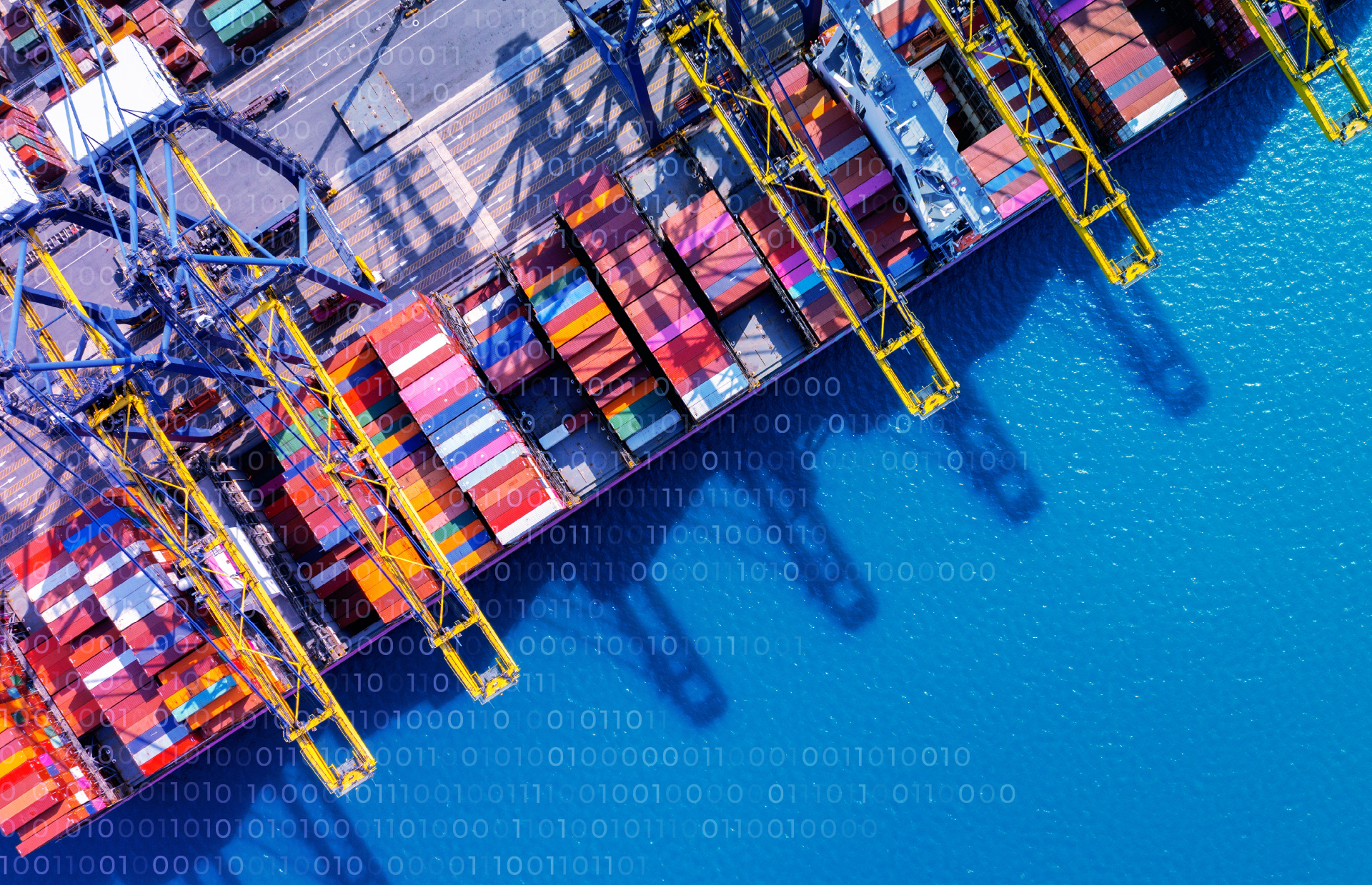
BAROMETER. World maritime trade is unsettled in this early part of the year, with geopolitical uncertainty the main factor.
Since October 2023, the Yemeni Houthis have been carrying out attacks in the Red Sea, which have resulted in shipping companies diverting some of their ships via the Cape of Good Hope. Let's try to draw some conclusions from this conflict.
An exogenous factor which cannot be compared to the pandemic
The attacks of the Houthis have succeeded in momentarily destabilising freight rates, reshuffling the cards in a year which the shipping companies began without many trump cards in their hands. For the time being, however, the disruption has been confined to the Red Sea and the Arabian Peninsula and its authors are known. We are not in the state of total, global uncertainty which hit the market just four years ago, when the Covid-19 pandemic made its appearance.
The market is experiencing some upheaval, but stock levels are generally under control and numerous alternative solutions are available. It is unlikely, therefore, that we will experience the massive disruption we saw when health restrictions were removed following the Cod-19 lockdowns.
For cargo transported under contract, the disruption has resulted in a temporary surcharge of a few thousand euros per 40' container and two weeks of additional transit time. Of course, the situation is causing disruption, particularly from a budgetary point of view, but, in most cases, it does not represent a serious threat to supply chain resilience. Many companies learned from their experience in the preceding crisis and made sure that their stock levels were adequate.
Despite the warnings from some of a "black swan"-style event, therefore, there are no reasons for thinking that the crisis in the Red Sea could lead to a return to high inflation in Western economies.
The positions of the shipping companies
Members of the THE Alliance, meanwhile, are sending all their ships round the Cape of Good Hope until further notice. The same goes for MSC, which is particularly in the sights of the Houthis because of its partnership agreement with Israeli shipping company Zim. A third of CMA CGM's ships on Asia-Europe routes are continuing to transit through the Red Sea, escorted by the French navy frigate Languedoc. For a long time, some of CMA CGM's ships continued to transit through the Red Sea on the Asia/Europe route, escorted by the French navy frigate Languedoc. But after a new attack, the company announced on February 2 that it was suspending its Red Sea traffic until further notice.
The insurance companies also play a key role in traffic diversions. Some simply refuse to cover ships going through the Red Sea, while others only agree to cover the war risk in return for an increase in premium. This can represent $1m for a ship with an estimated value of $100m.
Prospects
We think that the new Suez crisis should not be a long-term phenomenon, since it is not in the interest of any of the parties involved. The fact remains, however, that, at this stage, the disruption is going to have a negative impact on operating conditions and increase costs in the first quarter - which was not provided for in shippers' budgets.
Very quickly, two fundamental factors are going to re-emerge: overcapacity and the political and economic situation in China (...)

Jérôme de Ricqlès
Shipping expert
Our latest articles
-
Subscriber 3 min 13/02/2026Lire l'article -
2025 review of air cargo and outlook for 2026
Lire l'article -
Outlook 2026: Stable growth and rising risks
Lire l'article


